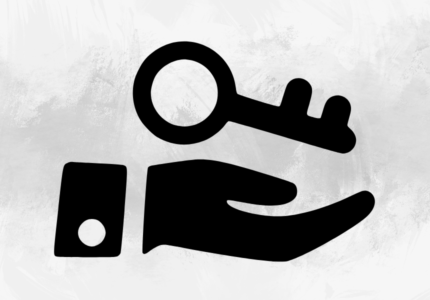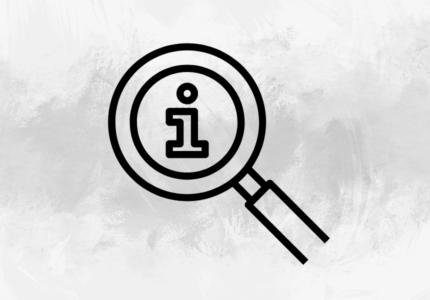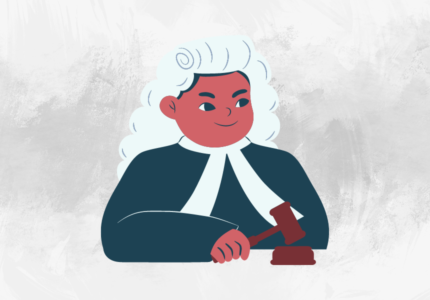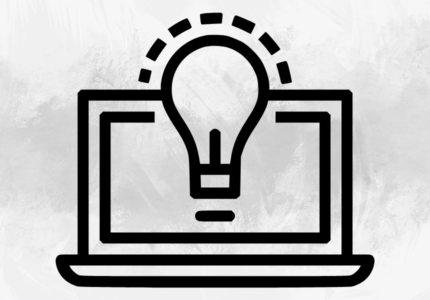
This article is based on a piece that was written by Jason Kay is professional resume writer who is a regular contributor to job-related web websites with articles that provide job search suggestions, resume advice, and other consulting services.
In the article, Jason stressed the significance of expressing oneself and describing yourself in an interview. When you are in the interview in a pleasant and professional manner and presenting yourself to your interviewer as you are asked questions such as “how do you think you would describe yourself.” While it’s an open question, interviewers want to determine the extent to which you know yourself and how well you can fit into the job requirements. It’s the right time to realize that this is a common question that nearly every prospective employer would like to inquire about during the interview. If we can figure out how to present ourselves during the interview, it could impact whether we succeed during the interview or go on with the ongoing job hunt.
We will describe ourselves:
If we’re asked the issue of describing ourselves, it is advisable not to begin with your name or the age, which the person who was interviewing us already knows. In the same way, we shouldn’t have to list the name of the school we attended. Instead, it is essential to mention the accomplishments we gained through our education and the reasons we’ve gained to keep going. Then, we can go into details about athletics and other avocations that were not included on the Resume. This is the opportunity to inform the interviewer about our professional experience that isn’t on our resume.
Strengths and weaknesses of our team:
When asked about our strengths and weaknesses that need to be highlighted, Our goal is to mention our strengths but without becoming exaggerating. It is possible to feel proud of our work efficiency and academic achievements, and proven track record. It all sounds great; however, blaring drums about our successes could put off interviewers. In terms of weaknesses, it may not be a good idea to overlook the person you are referring to, as we will mention our weaknesses in a manner that appears attractive. Examples of this include “I tend to dwell on the specifics regardless of the fact that the circumstances don’t require to do this.” This can show your interviewer that even if you may think that you’re imperfect, you are not. Your flaws are worthy of being acknowledged.
Honesty:
It’s among the traits that an interviewer is seeking in the candidate. Being honest about your job experiences and educational gaps will not do much harm; however, concealing these with the intention of getting the interviewers to leave without notice will not be effective as many employers are armed with many years of experience in hiring applicants for jobs that require. Additionally, if the position isn’t meant to be ours, that’s the case. It is not that difficult to do, but it’s always wise not to act like someone you’re not.
Clear speaking, no stammering:
It’s among the benefits of practicing speaking. It will enable us to describe clearly what we believe without having enough “uh.” Speaking in a monotone manner will show the interviewer that you might not be aware of yourself. If that’s the case, then nobody has more information about us than we do.





